Conservation of the lotus and Xa Doai orange varieties in Nghe An
The Anh Son and Xa Doai oranges are two rare specialty oranges in Nghe An. However, unplanned development has put these native orange varieties at risk of extinction.
Selection of Anh Son lotus orange variety
Mr. Pham Van Ngoc in Hamlet 2, Khai Son Commune is always proud of the lotus orange garden that his grandparents and parents planted in Hamlet 3, Khai Son Commune more than 100 years ago. From 1986 to 1987, his family continued to take cuttings and develop the orange garden, which is still growing well and producing high quality.
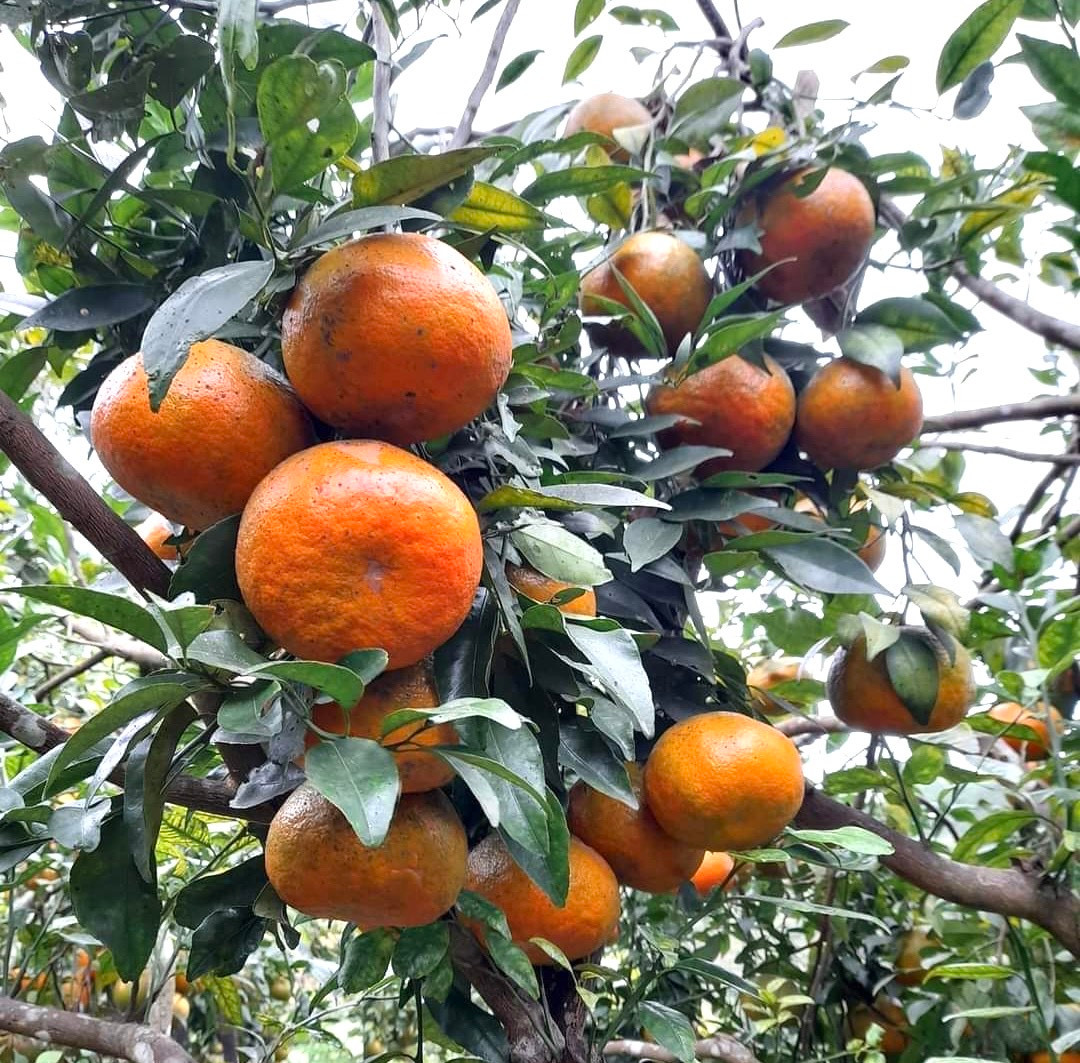
Currently, Mr. Ngoc’s orange garden has 500 trees. His oranges are purchased by traders at the source, not sold at the market. Each year, the orange garden brings in a stable income of about 700 million VND. This is the dream income of all families in the mountainous region.
Staying up and sleeping with oranges for decades has helped Mr. Ngoc understand this orange variety thoroughly. At the bottom of this orange there is always a small widow, when split open this widow also has 4 segments. Splitting the orange looks like a lotus flower, emitting a fragrant aroma, hence the name "bu sen". The orange segments are plump but astringent, covered with a mesh membrane and give off an attractive, rich sweetness, melting in the mouth when eaten.
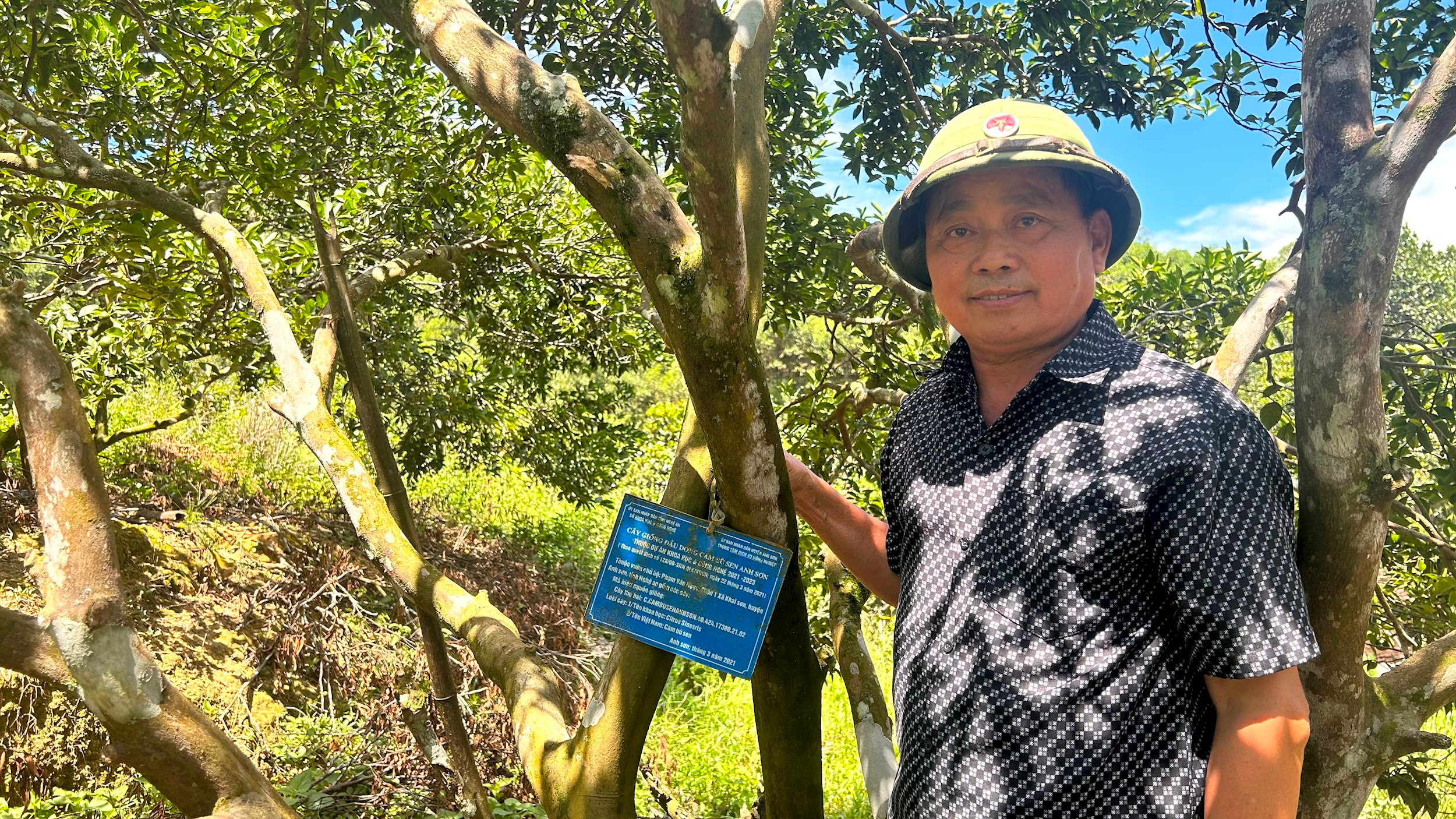
Many orange trees in Mr. Ngoc’s garden have been evaluated by the Department of Science and Technology as the original trees. Recently, he has continued to cut branches, create canopy, and propagate to serve the needs of local people.
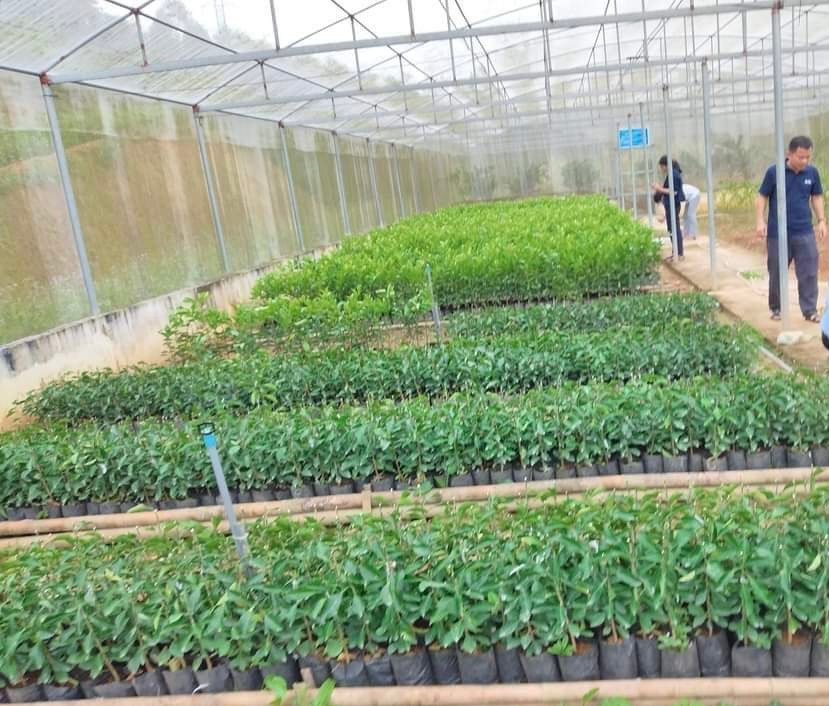
This is a rare native orange variety with advantages such as good quality, few pests and diseases, and high yield. Therefore, Anh Son district has determined to protect and expand the genetic resources of this precious orange. The project to preserve the Anh Son lotus orange variety has been approved, with the district's Agricultural Service Center as the investor.
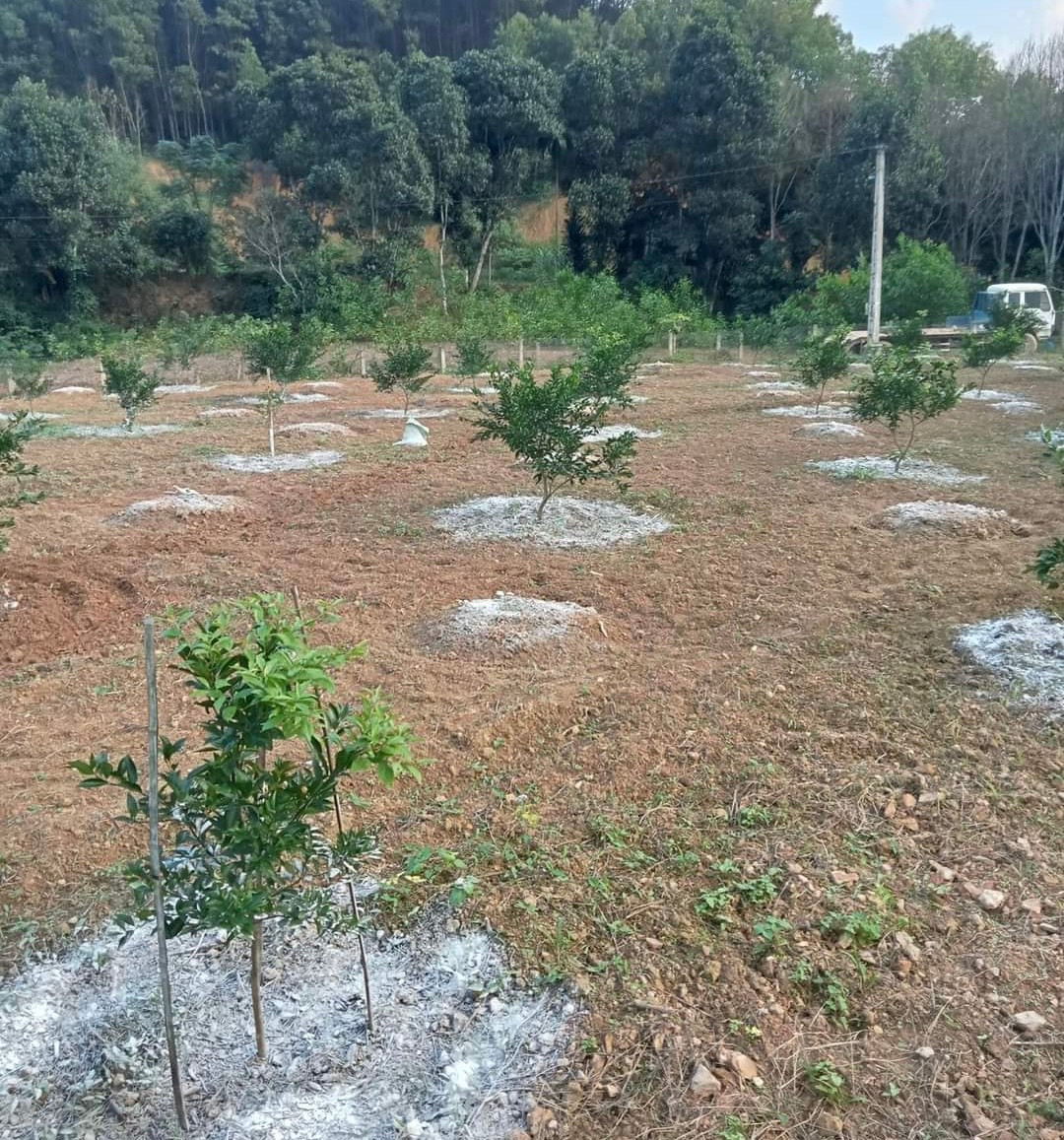
The project management board investigated and evaluated the current status of cultivation and production of Anh Son lotus oranges in terms of geography, cultivated area, productivity, output, cultivation regime, growth and development status and pests and diseases; conducted a preliminary survey of Anh Son lotus orange gardens to participate in selecting elite trees. After that, surveyed and selected locations and households to participate in building models.
The project has selected the standard orange trees according to the guidelines of the Ministry of Agriculture and Rural Development. After selecting the best trees (in terms of growth, yield and quality), the project will draw a map of the selected trees and create a table to mark the original trees for preservation.
From these parent trees, after the quality assessment process, the engineers selected 15 trees of the highest quality to propagate Anh Son lotus orange. This process was supported by citrus experts from the North Central Institute of Agricultural Science and Technology.
From 15 high-quality trees, the Project continued to select 10 elite trees in the first crop, continued to monitor growth, development, yield and fruit quality factors, selected 8 elite trees with outstanding yield and quality characteristics to prepare a profile for the selection of parent trees. After that, prepare a profile for the recognition of parent trees and send it to the Department of Agriculture and Rural Development. Next, the Department of Agriculture and Rural Development established a Selection Council to recognize the qualified parent trees.
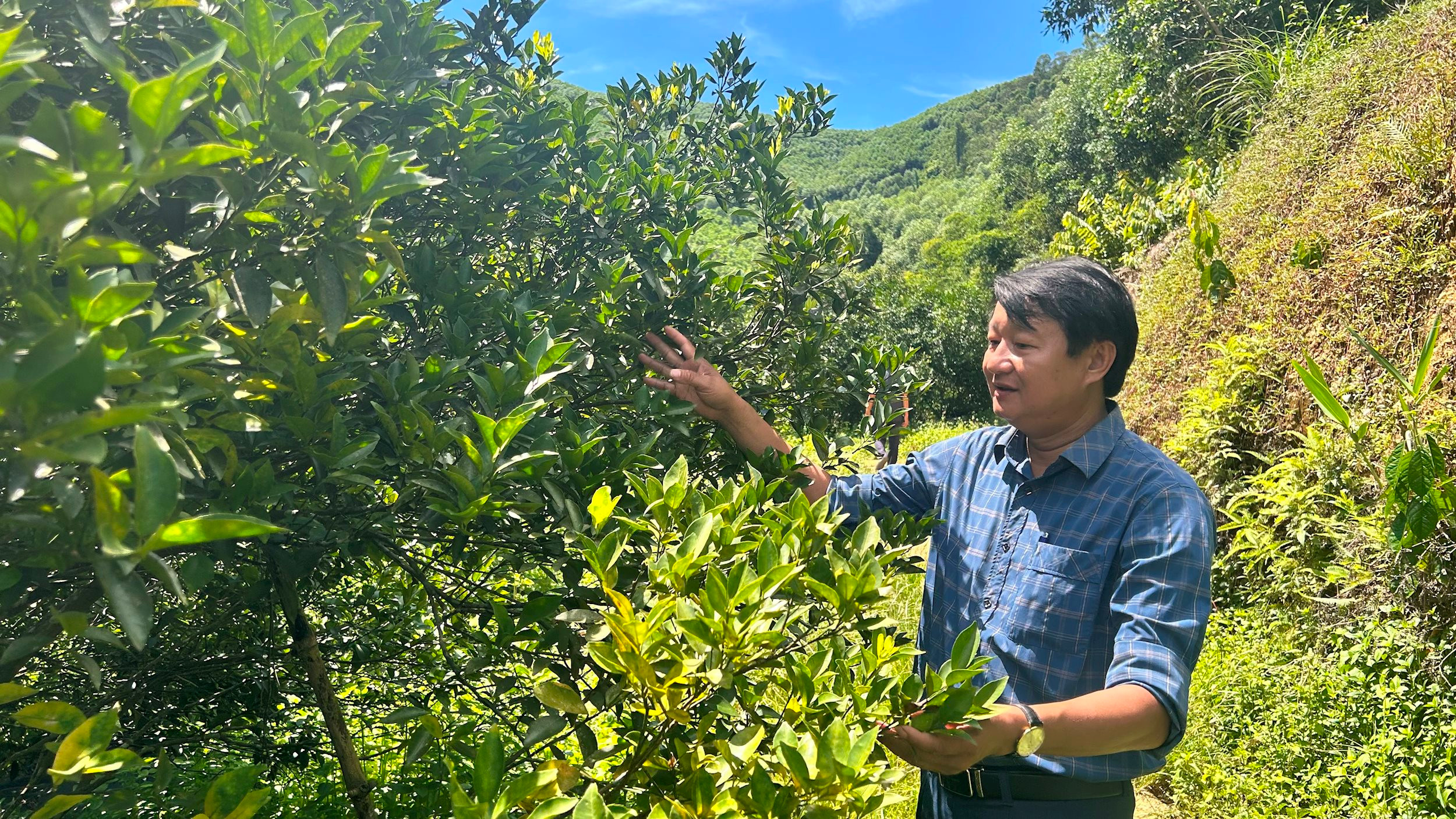
Next, the project will manage and care for the mother trees, and attach serial numbers. The Agricultural Service Center, the Department of Agriculture, and other functional units of Anh Son district are responsible for coordinating with the people to manage and care for the mother trees to harvest fruit, exploit grafted buds to serve the production and propagation of the lotus orange.
With positive results, the project has now multiplied more than 10,000 lotus orange seedlings to provide to people in the project area.
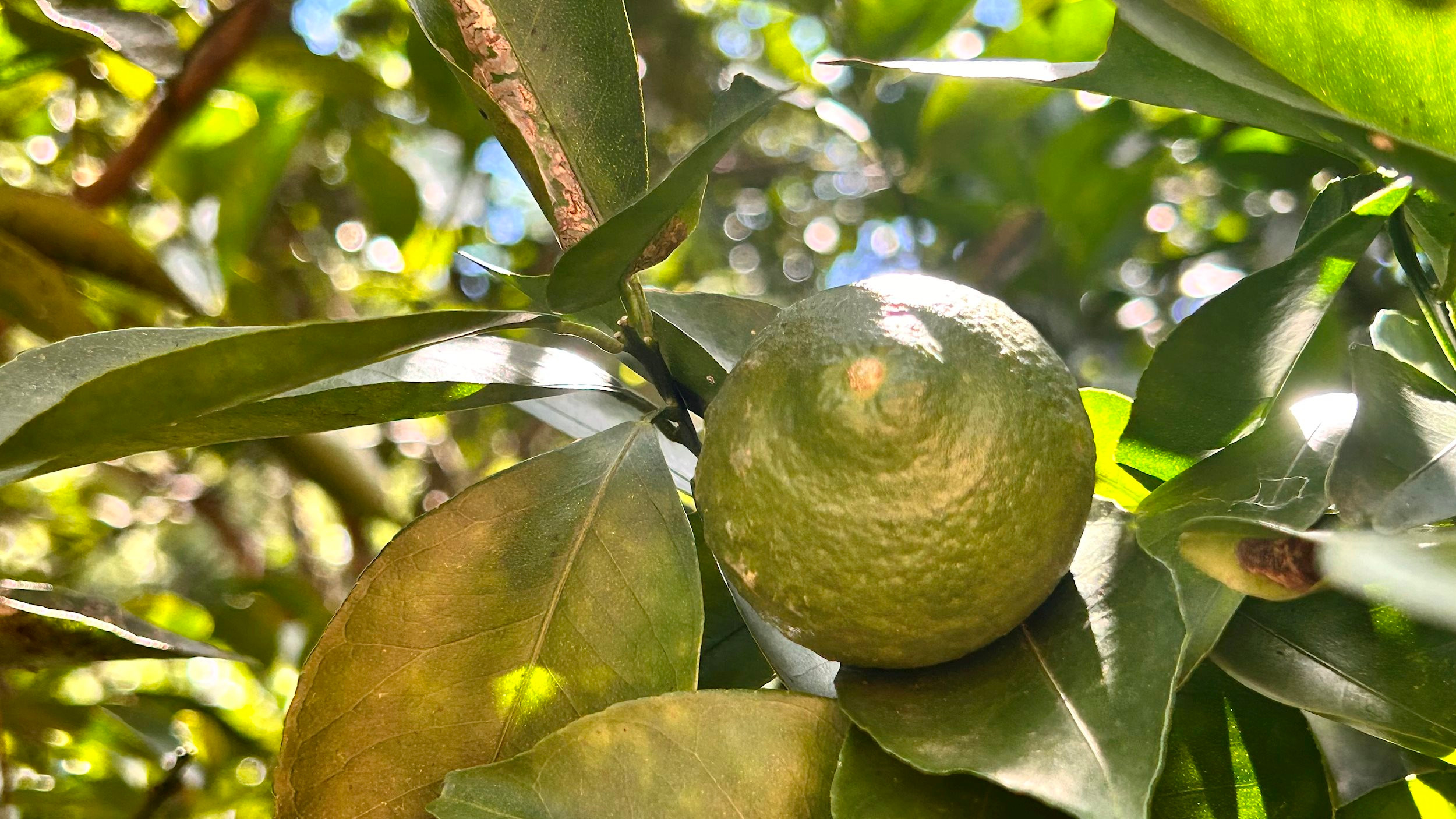
Preservation and development of Xa Doai oranges
For the Xa Doai orange variety, a fairly large conservation project has been successfully implemented in Nghi Dien commune (Nghi Loc) by a business. The orange conservation farm has Japanese experts supporting monitoring and management. This 12-hectare farm is invested by Mr. Nguyen Quoc Tuan with a capital of several billion VND. The orange trees are strictly managed and protected, with a complete irrigation system. Currently, the oranges have given their second harvest, the selling price at the garden is 50-70 thousand VND/kg, mainly exported by the owner to Hanoi.
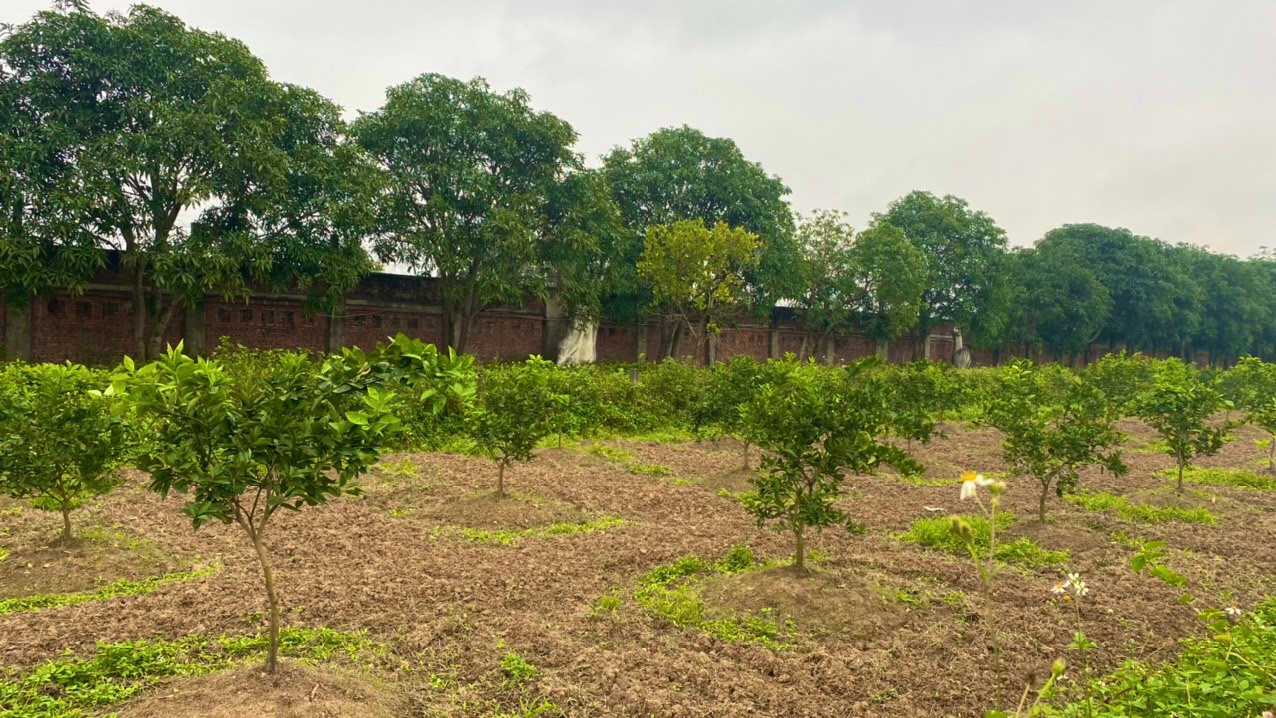
Another large Xa Doai orange farm owned by Mr. Trinh Xuan Giao, which has just been planted in Nghi Dien commune (Nghi Loc), is entering its first year. This is a Xa Doai orange conservation farm that Mr. Giao selected from precious first-generation orange trees and has undergone strict disease testing with the support of experts from the Vietnam Fruit Breeding Institute.
Xa Doai orange is a fruit with a characteristic aroma and sweetness, with wide adaptability, high and stable productivity in many different ecological regions. However, only oranges grown in Nghi Dien commune have the best quality, highest selling price and are the most popular. Currently, Xa Doai oranges are grown in some localities such as Yen Thanh, Con Cuong. Currently, the main propagation method is grafting or eye propagation.
Along with the above farms, some people in Nghi Dien commune are also preserving precious orange trees that have been highly economically efficient for decades...
With the current situation of orange varieties declining in Nghe An, the above mentioned orange breeding shows a new, more certain and sustainable direction, promising new generations of oranges with good varieties, limiting the supply of orange varieties from other provinces for sale without controlling the origin.



